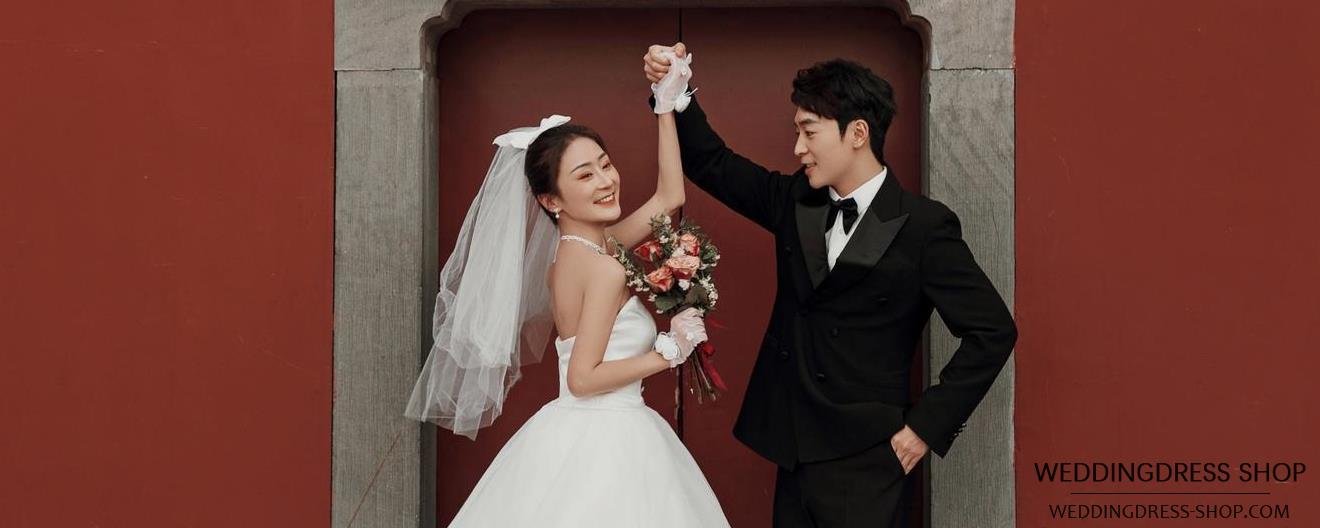The meaning of Guining ritual is that on the third day after marriage, the newlyweds bring their gifts to visit and visit the bride's family, also known as "returning to the mother's home" or "returning to the door". It is a traditional custom passed down from ancient times and belongs to the last stage of the wedding ceremony. Guining not only expresses the groom's gratitude and respect for the bride's family, but also allows the bride's parents to entrust their daughter to the groom with peace of mind. On the day of Guining, the bride's family also needs to prepare a banquet to entertain the newlyweds and their relatives and friends, so it is also called Guining Banquet.

What are the requirements for Guining
1. Time
The return time for newlyweds varies in different regions, with most returning to their parents' home on the third day after marriage, and some returning on the sixth, seventh, eighth, ninth, or full moon.
2. Clothing
Although the attire for returning home may not be as elaborate as for getting married, it should still be appropriate and generous. It is best to wear new clothes with festive colors, such as cheongsam and red coats, which are good choices. If holding a returning home banquet, the attire should be more formal.
3. Gifts
When returning home, it is necessary to bring some gifts to the bride's parents to satisfy and reassure their parents in law. Common gifts for returning home include meat, eggs, fruits, tea, tobacco, alcohol, etc. The styles are often not fixed, but the gifts must be even numbers, meaning that couples will be in pairs, have double happiness, and have a good marriage for a hundred years.